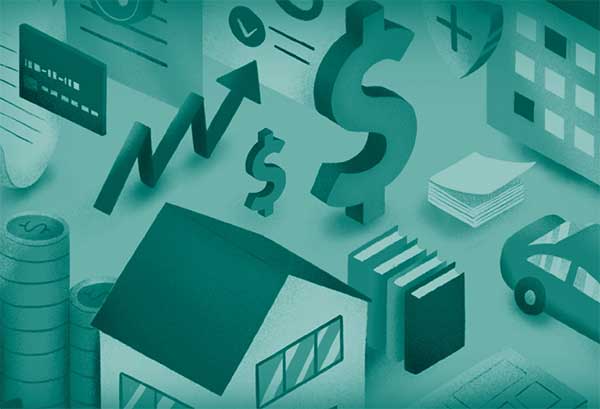
Southeast Asians are bracing for significant economic changes as newly announced U.S. tariffs on regional goods spark widespread concern over rising prices and shifting consumer habits, according to a new survey from Milieu Insight.
The study, conducted between April 4 and 7, 2025, polled 6,043 adults across Indonesia, Malaysia, Thailand, Singapore, the Philippines and Vietnam, representing the region’s online population aged 16 and above.
The United States recently unveiled a sweeping tariff policy targeting Southeast Asia, with Vietnam facing the steepest rate at 46%, followed by Thailand (36%), Indonesia (32%), Malaysia (24%), the Philippines (17%) and Singapore (10%).
“These findings show that people in Southeast Asia are already anticipating economic pressure from these new tariffs,” said Gerald Ang, Founder and COO of Milieu Insight. “There may be higher prices which means Southeast Asians would have to adjust their spending habits, and increasingly look to local products to fill the gap.”
Awareness of the tariffs is high across the region, with 73% of respondents aware of the new measures. Concerns are particularly elevated in Vietnam (78%), Thailand (75%) and Indonesia (73%), where many anticipate serious disruptions to their daily lives.
In Thailand, 93% of respondents said they believe the tariffs will negatively impact their country, marking the highest level of concern recorded in the region. Overall, 90% of Southeast Asians expect the cost of everyday goods to rise as a direct result of the tariffs.
The looming economic strain is driving a noticeable shift in consumer behavior, with 87% of respondents who typically favor international brands indicating they are now more inclined to purchase local alternatives. About 75% also said they intend to reduce their consumption of imported goods.
Electronics and gadgets are the top concern, with 63% of respondents identifying them as the most vulnerable product category. In Singapore, this figure jumps to 73%, followed by concerns over automobiles (55%) and household appliances (53%). Similar views were echoed in Malaysia, Vietnam and Indonesia.
How businesses will react to increased import costs remains a key question. In Singapore, 59% of respondents expect companies to pass the added costs directly to consumers. The sentiment is shared by 51% in the Philippines and 37% in Malaysia. Meanwhile, 49% of Thais and 48% of Vietnamese expect businesses to offset the pressure with more discounts and promotions.
Governments in the region are facing heightened scrutiny over their preparedness to handle the economic fallout. Confidence is highest in Vietnam (81%) and Singapore (66%), while skepticism is prevalent in Thailand (68% not confident) and the Philippines (61% not confident).
Asked about preferred government responses, 42% of Southeast Asians said they would like their governments to reduce dependence on U.S. imports by expanding domestic industries. Another 40% favored implementing price controls on key goods, while 34% supported the introduction of consumer subsidies or new trade agreements with other countries.



















